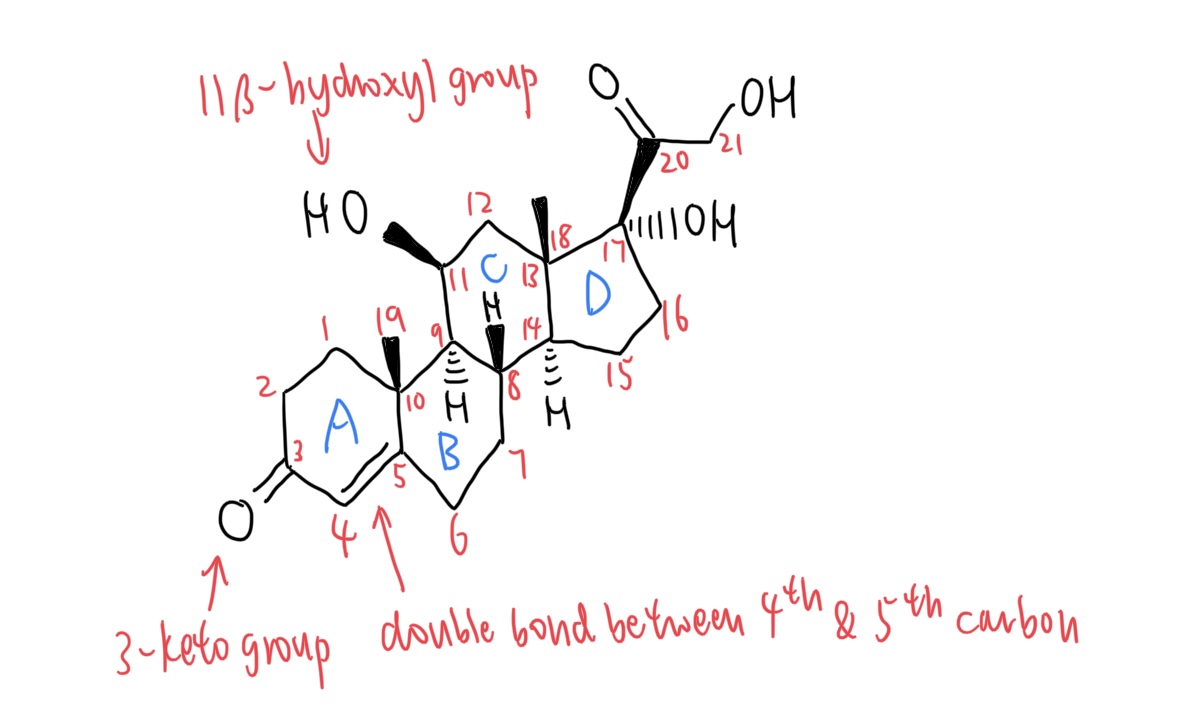| name | Hydrocortisone Topical Cream |
| classification | Corticosteroid, Topical |
| pharmacokinetics | Hydrocortisone is readily absorbed through the skin. The topical application results in local effects, with minimal systemic absorption. However, prolonged or extensive use can lead to systemic effects. |
| suggested dosage | Apply a thin film to the affected area 1-4 times daily. Dosage and frequency should be determined by the physician, based on the severity and location of the skin condition. Do not exceed recommended usage. |
| indications | Hydrocortisone topical cream is used to treat various inflammatory skin conditions such as eczema, contact dermatitis, and psoriasis. It works by reducing inflammation and itching. |
| safety in pregnancy | Hydrocortisone is generally considered safe for topical use during pregnancy. However, it's crucial to use the lowest effective dose for the shortest duration possible under the supervision of a healthcare provider. There is limited data on use in pregnancy, and the use of high doses or prolonged use warrants careful consideration. |
| safety in breastfeeding | Low-potency topical hydrocortisone is generally considered safe for use during breastfeeding. However, as with pregnancy, it's best to use the lowest effective dose for the shortest duration possible and use it under the supervision of a healthcare provider. Systemic absorption is minimal, but it is prudent to consult the physician to evaluate risks versus benefits in each case. |
| side effects | Common side effects include skin irritation, dryness, and burning. Less common but more serious adverse effects, especially with prolonged use, may include skin thinning, striae (stretch marks), and atrophy (weakening of the skin). In rare cases, hypersensitivity reactions can occur. Any unusual or persistent symptoms should be reported to a doctor. |
| alternatives | |
| contraindications | Patients with known hypersensitivity to hydrocortisone or any component of the preparation should avoid this medication. Use with caution in patients with fungal infections of the skin or areas of skin breakdown. |
| interactions | While topical hydrocortisone rarely interacts with other medications, it's essential to inform your doctor about all medications you are taking, including other topical creams or ointments. This helps prevent potential interactions. |
| warnings and precautions | Avoid prolonged use, as this can lead to skin atrophy or thinning, and may increase the risk of infection. Do not use over large areas of skin for an extended period. The use of this medication should be under the care of a physician. Patients should watch for signs of infection or worsening of the condition. Do not use on open wounds or broken skin. The product should not be used on the eyes or inside the nose. |
| additional informations | Hydrocortisone topical cream comes in different strengths. The strength of the cream used will depend on the severity of the skin condition. Always follow the instructions provided by your healthcare provider. |

